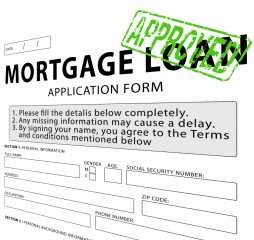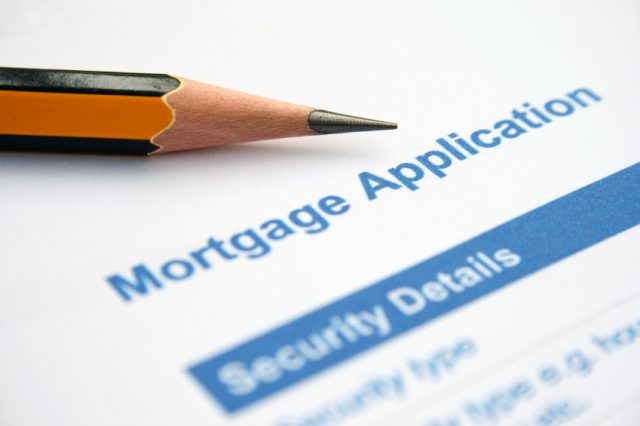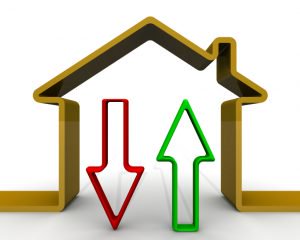First-time buyer optimism in Europe low
A large survey of more than 15,000 people from over 15 countries has indicated that first-time buyers in the UK are faced with some of the most difficult conditions in Europe, when trying to get onto the first-rung of the property ladder.
In addition, the survey revealed that Europe as a whole is becoming more pessimistic about the chances of first-time purchasers, with a majority believing than the housing crisis is becoming more acute.
Bullish
The investigation found that 56% of people in Europe are bullish about the possibility of property prices rising in the coming year. However, 79% of Europeans acknowledge that is becoming harder to purchase an initial home.[1]
British first-time buyers were found to have the toughest task of making it onto the ladder, with 89% questioning just how they will be able to buy a property. Data from the report shows that house prices rose by an average of 8% in the UK between Q1 of 2014 to 2015, eight times more than the European average.[1]
88% of people in Spain and 87% in Belgium are also worried about entering the housing market. Spain is still recording high levels of unemployment, while in Belgium, tougher lending conditions and a lack of wage growth are thought to be reasons for the lack of optimism.[1]
Germany was found to be the country that was least concerned about the conditions facing first-time buyers, but 59% still replied that it is getting harder to get into the property market.[1]
Affordability concerns
Concern for first-time buyers is being driven by the widening affordability gap, with 72% of European renters believing that society would benefit from a fall in house prices. This was found to be most common in renters, with 93% of tenants in Spain, 75% in Britain and 74% in France believing that soaring housing prices are the main cause to their struggle for home ownership.[1]
69% of European home-owners also agreed that a fall in property prices would be a real benefit. In Turkey, where prices rose sharply over the last twelve months, 90% of homeowners believed this would be the case. In Spain, where property prices have fallen by over 25% in the last five years, 83% of homeowners still feel a further drop would be beneficial.[1]
However, just 47% of German homeowners feel that a reduction in property prices would be beneficial. It must be taken into account that homeownership in the country is the lowest in the European Union at 43%.[1]
Struggles
Across the continent and in the US and Australia, consumers hold the view the first-time buyers are at risk of having the door to home ownership slammed in their face,’ said Ian Bright, Senior Economist at ING. ‘Even homeowners would consider it a good thing if house prices fell, which may indicate people are not only worried about the high level of house prices, but also realise that house prices cannot keep rising forever.’[1]
‘The burgeoning economic recovery across the continent comes into play here. This will improve people’s lives in many ways but the ING International Survey shows something needs to be done if the next generation is to benefit from bricks and mortar,’ Bright added.[1]
[1] http://www.propertyreporter.co.uk/property/uk-ftb-sentiment-lowest-in-europe.html











